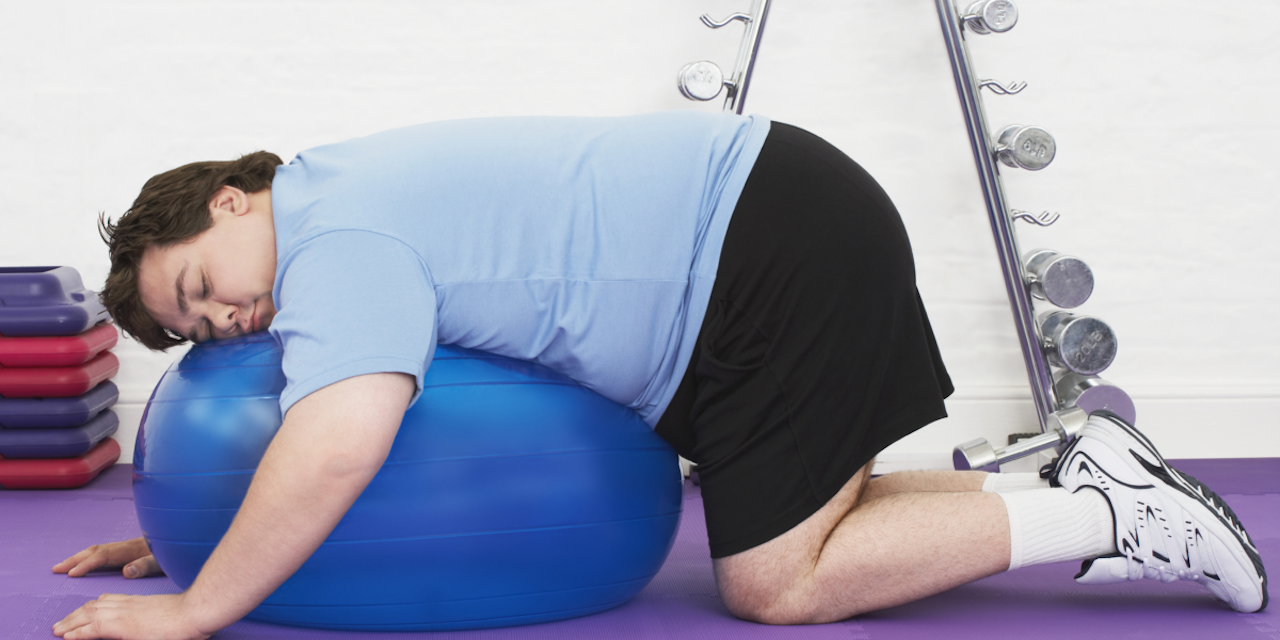This Is the Real Reason You Struggle to Work Out
Last week, I had all the greatest intentions. On Wednesday, I got into work early, with a plan in place to ensure that I’d make it to my 6pm work…
- Published: 10/15/2019
- Categories:
- 2 min. read

- Published: 10/15/2019
- Categories:
- 2 min. read
There is a weird phenomenon I have observed among people like me, who find it difficult to maintain consistency when working out. Here’s what it is: Deprioritization.
Let me explain.
You and I already know that getting consistent workouts is important, even crucial for our health. If we didn’t, we wouldn’t work out (well most of us, anyway). The problem isn’t that we don’t think we need to do it; the problem is life.

Last week, I had all the greatest intentions. On Wednesday, I got into work early, with a plan in place to ensure that I’d make it to my 6pm workout. And, as always with good plans; something came up. When it did, I sighed to myself and mentally said “I guess I can go to class next week”.

I wish I could say that was the first time I’d done that, but it happens all the time. And the thing is, to a certain extent, that makes sense; there are a lot of things that are far more important than working out. But, that said, there needs to be some kind of importance laid on working out; it needs to be more important than some things, or it’s not important at all.
Now for some of us, we have the flexibility of moving things around when something comes up, so that it doesn’t have to be all or nothing. But for the majority of us, we are already all too committed to too many things, and saying ‘no’ today, means saying ‘no’ until next time.

So what do you do? I think part of the answer is to take more of a big picture view. I tend to view my workouts on a week to week basis, with a goal of 3x a week, but the reality is that we don’t view much else that way. Think about it: you want to be healthy in general, you want to spend time with friends in general; we don’t fragment time the same way when it comes to working out.
Here’s what I recommend: try to zoom out on your workouts. Try maybe a certain number of workouts a month, and stick to that. That way it’s easier to know when you have the leeway to skip a workout for something else, and when you don’t. Remember, this isn’t just about creating a habit, it’s also about cultivating a lifestyle that serves you well long-term.
All of the content and media on Lifesum is created and published for information purposes only. It is not intended to be used as a substitute for medical advice or treatment. Users should always consult with a doctor or other health care professional for medical advice. If you have or think you are at risk of developing an eating disorder, do not use the Lifesum app and seek immediate medical help.